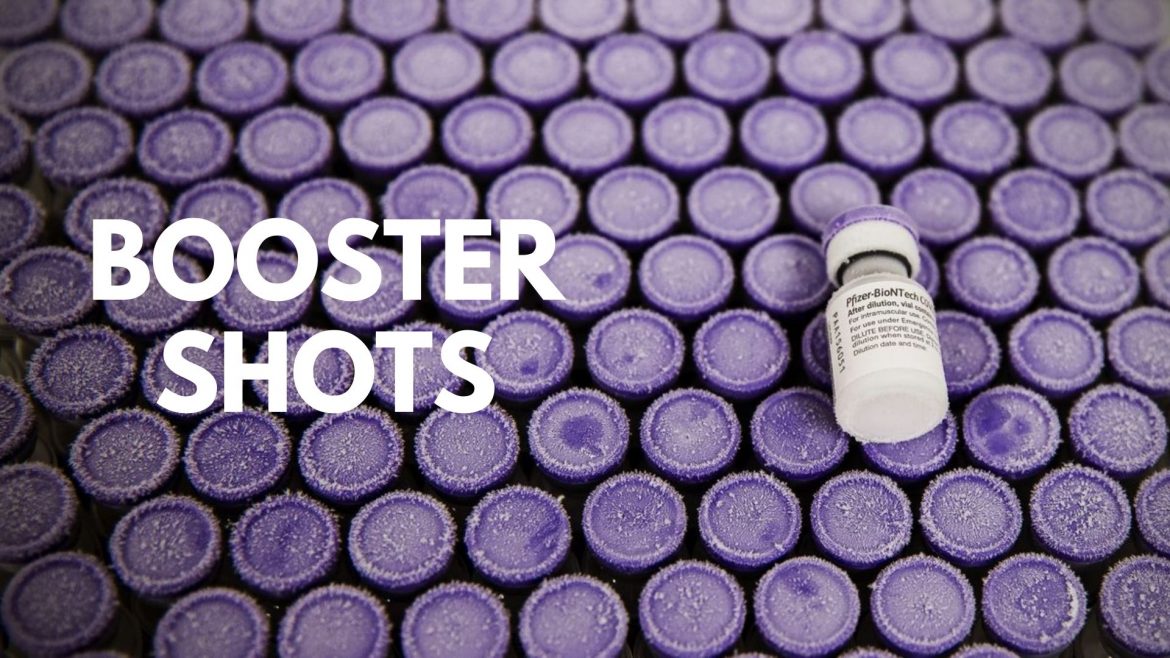COVID-19 task force chairman Dr N K Arora said that a detailed strategy on the booster and additional doses of COVID-19 vaccination will be released in two weeks due to the emergency of the new COVID-19 variation ‘Omicron.’
“National Technical Advisory Group on Immunisation (NTAGI) is coming up with a comprehensive policy on the booster and additional doses in the next two weeks. The policy will deal with who will require the vaccine, when and how. This needs to be seen in the context that a new variant is coming and with time only we will get to know more information about it. Therefore relevance and effectiveness of the current vaccines will also become apparent with time only,” said Arora.
“There is a difference between booster dose and additional dose. A booster dose is given in a predefined period after two primary doses. Whereas, an additional dose is only given to those people who have problems with their immune function even after the primary doses. If a person’s immune function is not appropriately built you give them an additional dose. So these are two different things,” he added.
On the issue of vaccination of Children, Arora said, “As I have repeatedly been saying that children are our most important asset and we have developed a comprehensive plan for immunising our 44 crore children below the age of 18 years. A prioritisation process is also being built so that children with co-morbidities will be given priority and healthy children will be vaccinated. This plan will be made public very soon. ZyCoV-D , Covaxin, Corbevax and then mRNA vaccine are available for children and I will say it again that vaccines will be available in sufficient quantity for children also.”
The Omicron variant (B.1.1.529), a new variant of the coronavirus, was first reported in Botswana on November 11, 2021, and appeared on November 14 in South Africa. It has been declared a variant of concern by the World Health Organisation (WHO).

